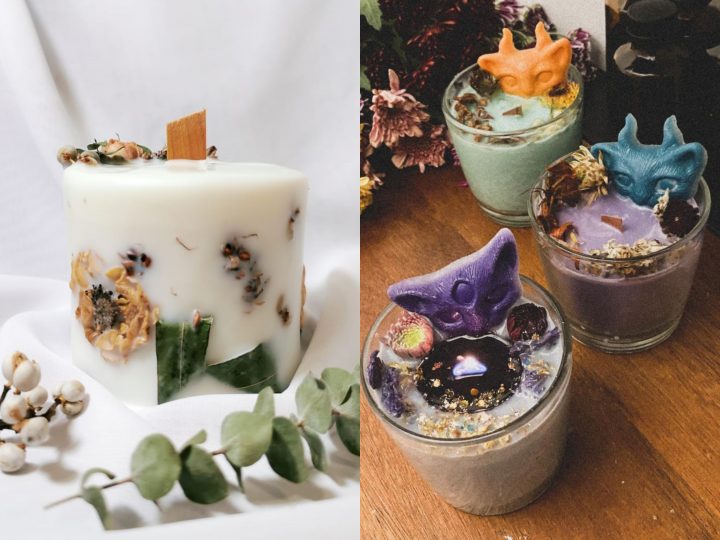8 Low-Maintenance, Aromatic Plants to Start Your Own Kitchen Herb Garden
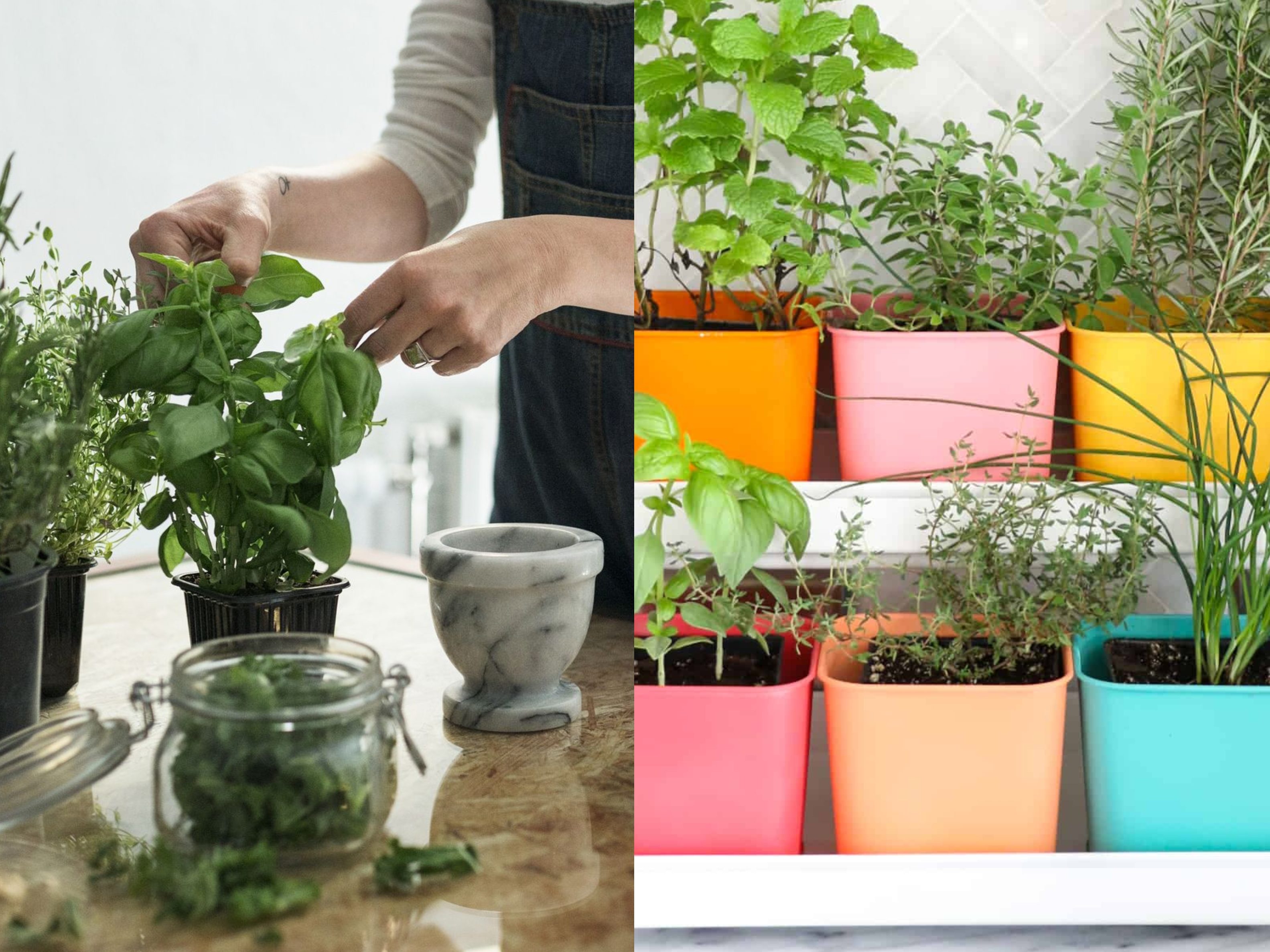 Thirsty for JUICE content? Quench your cravings on our Instagram, TikTok and WhatsApp
Thirsty for JUICE content? Quench your cravings on our Instagram, TikTok and WhatsApp
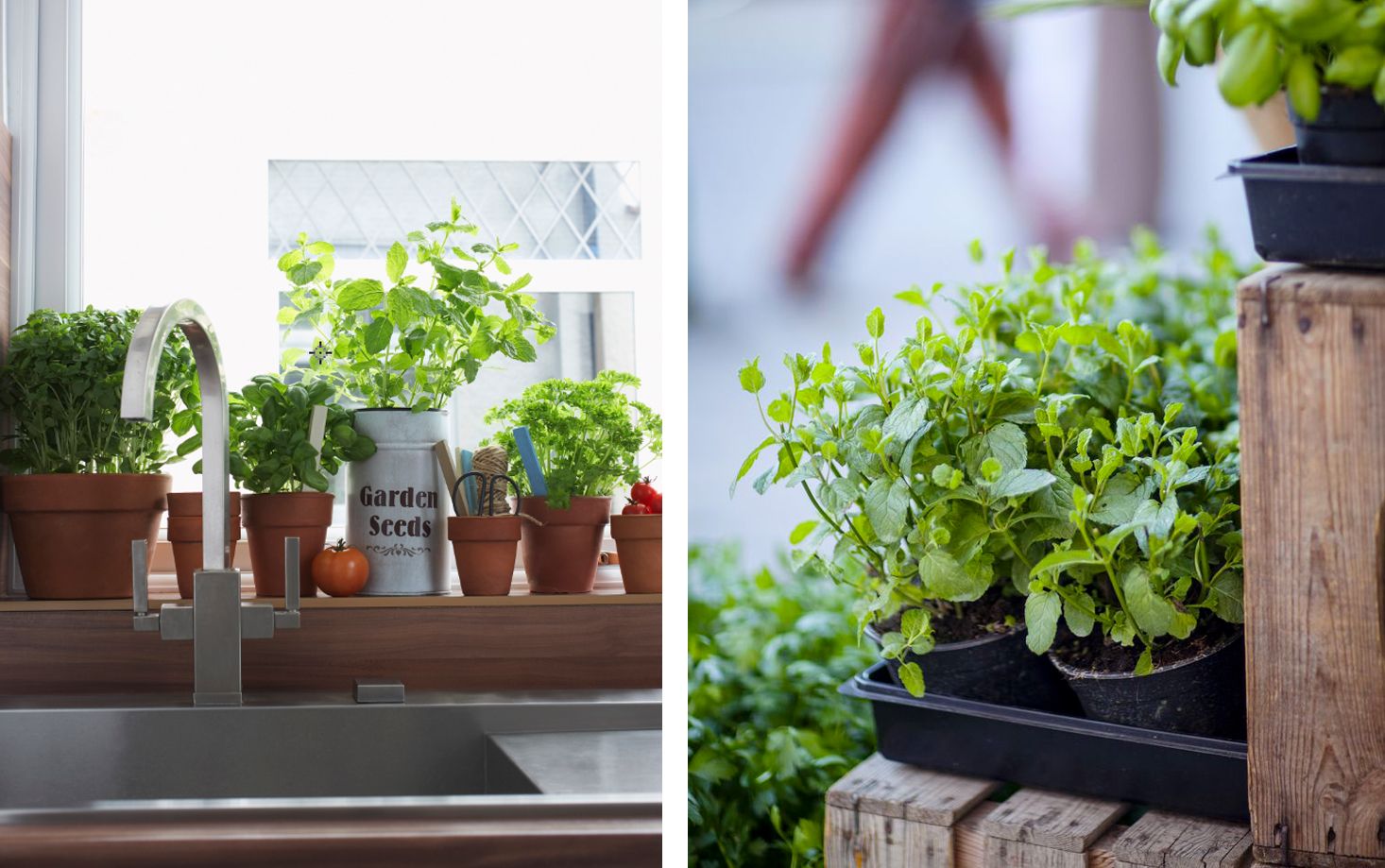
With most of us spending more time at home this past year and having more screen time, you must’ve noticed that being a ‘plant parent’ is becoming all the rage. Obviously having a houseplant is nothing new, but the trend can thank visually-driven social media for its resurgence in popularity.
Instagram, in particular, has become a haven for indoor plant fanatics.
However, while houseplants are pretty to look at, why not try out herb gardening? Not only is it aesthetically pleasing, but it’s actually simple and rewarding – especially if you’re the type who cooks on a daily basis.
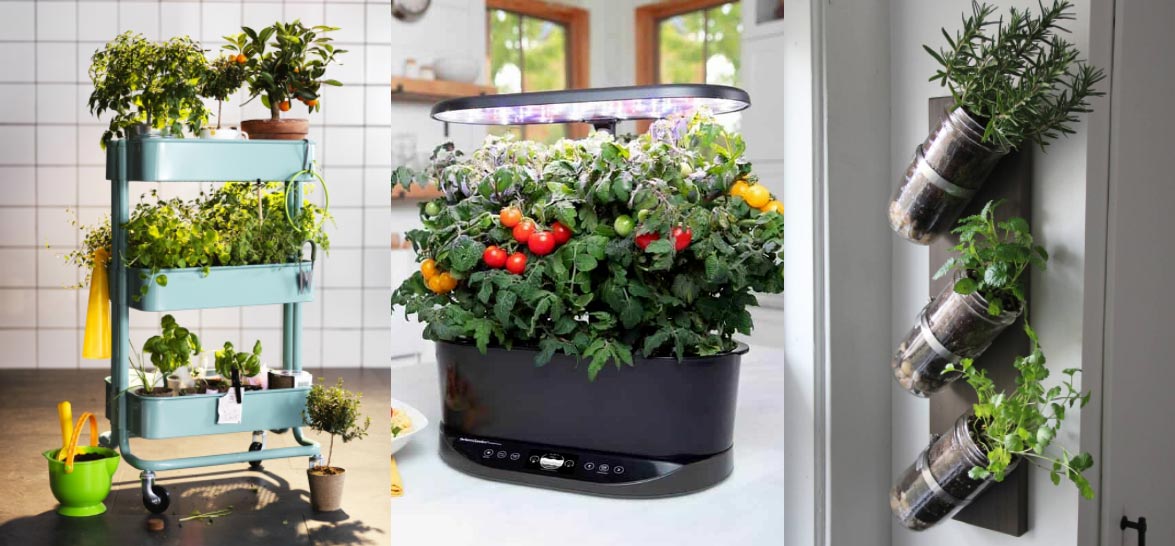
In Malaysia, herbs play an important part in our cultural cuisine heritage, so growing them not only offers you the chance to enjoy your own fresh produce when you cook them, but to indulge your green fingers too.
Plus, it probably can help you save some cash in the long run and you won’t have to worry about city council removing them ’cause you’re growing them indoors.
So without further ado, here are eight prolific grower and easy to care for herbs options to start your own kitchen garden and how to grow it:
1. Curry leaves
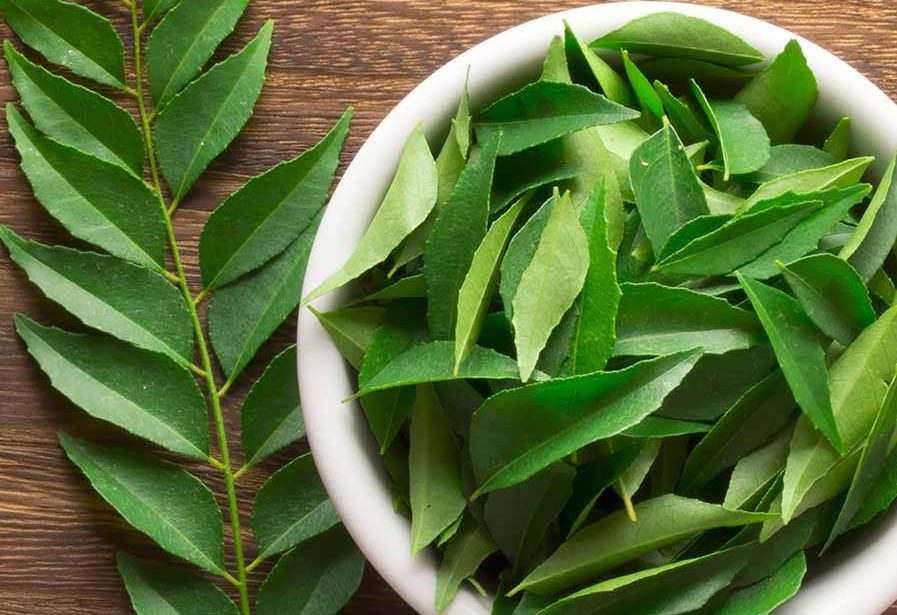
2. Rosemary
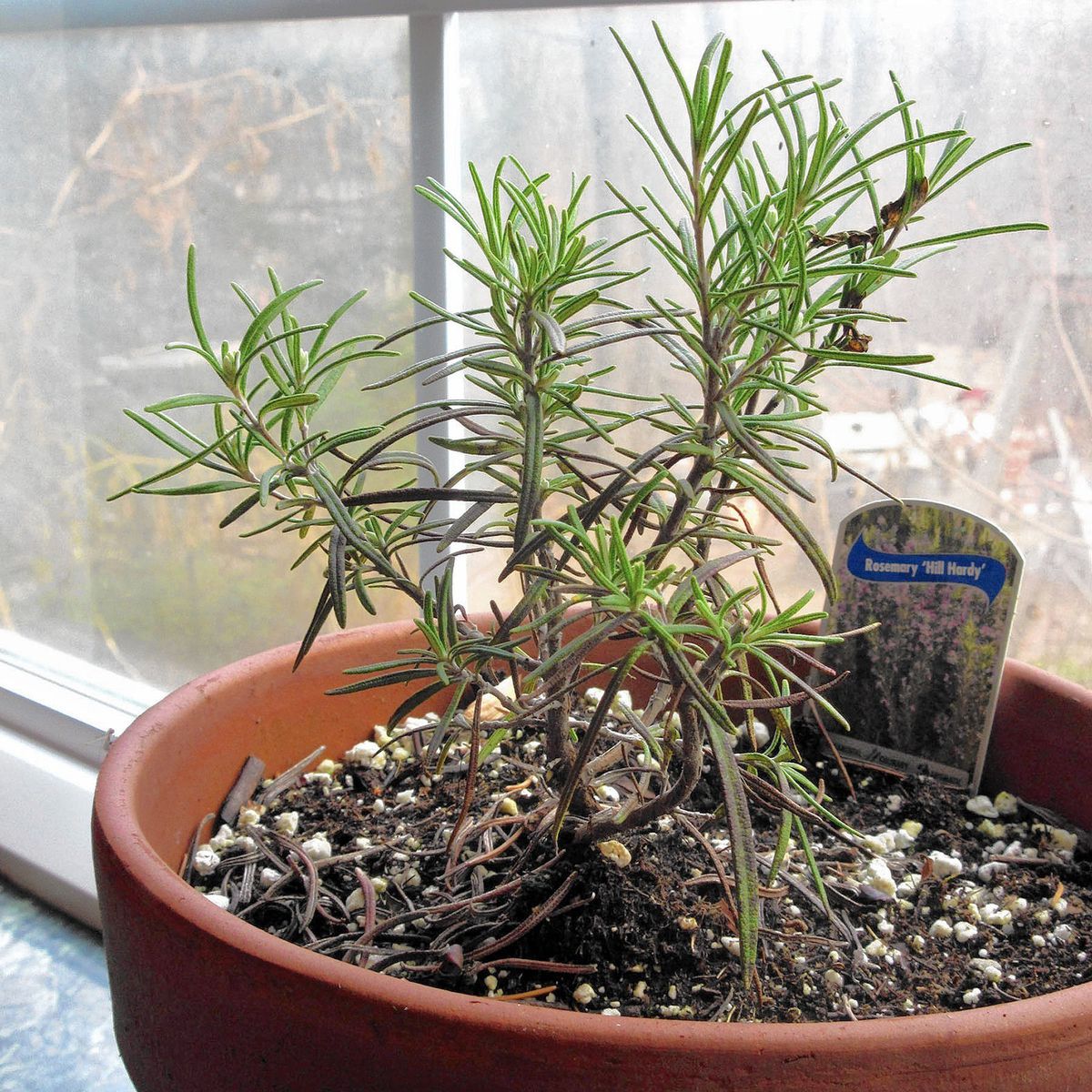
3. Mint
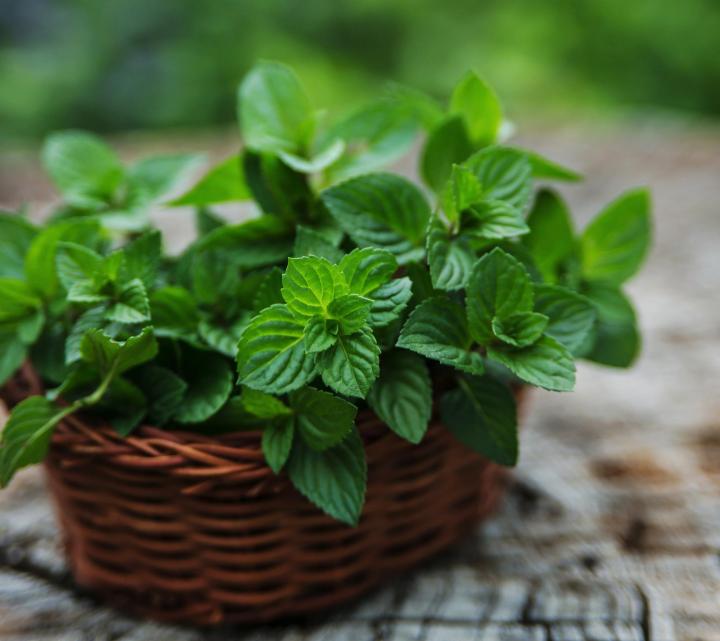
4. Thai Basil
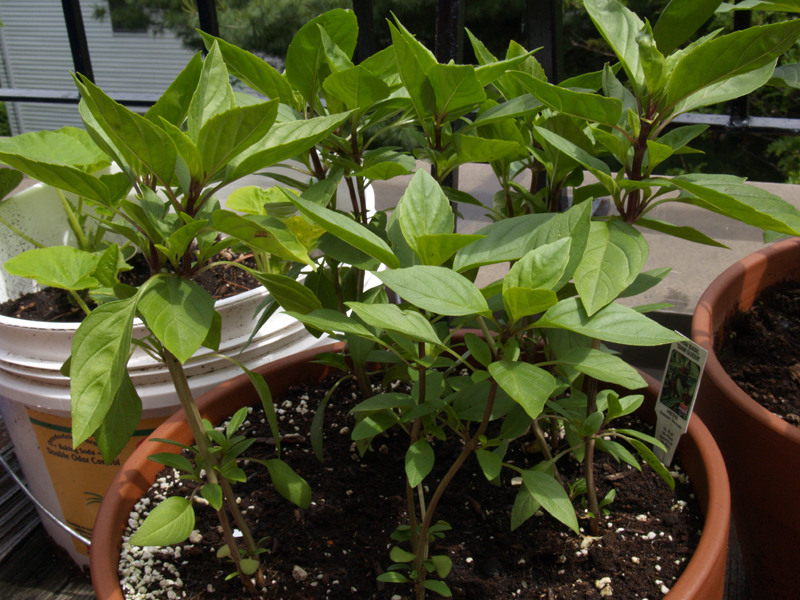
5. Coriander
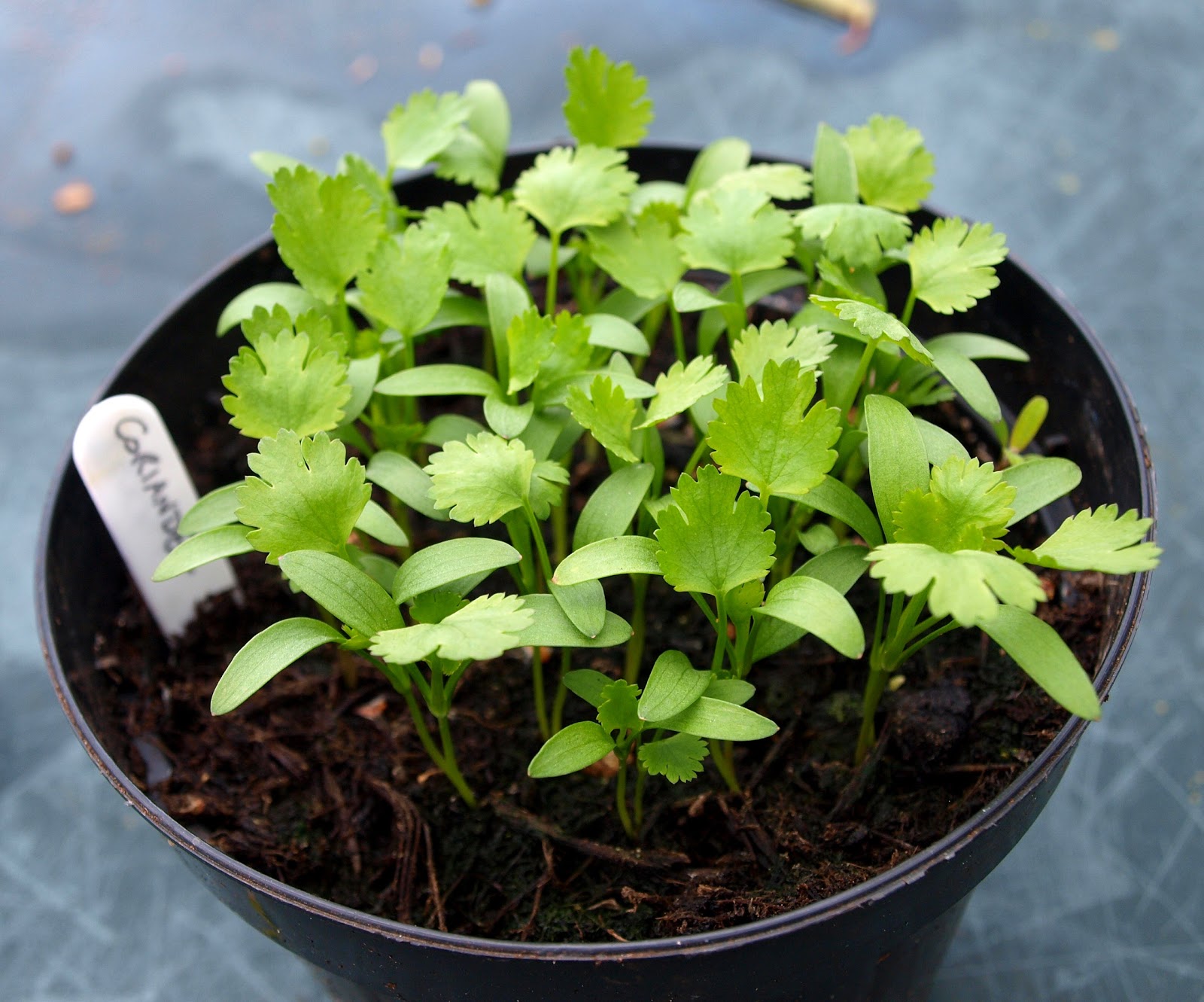
6. Thyme
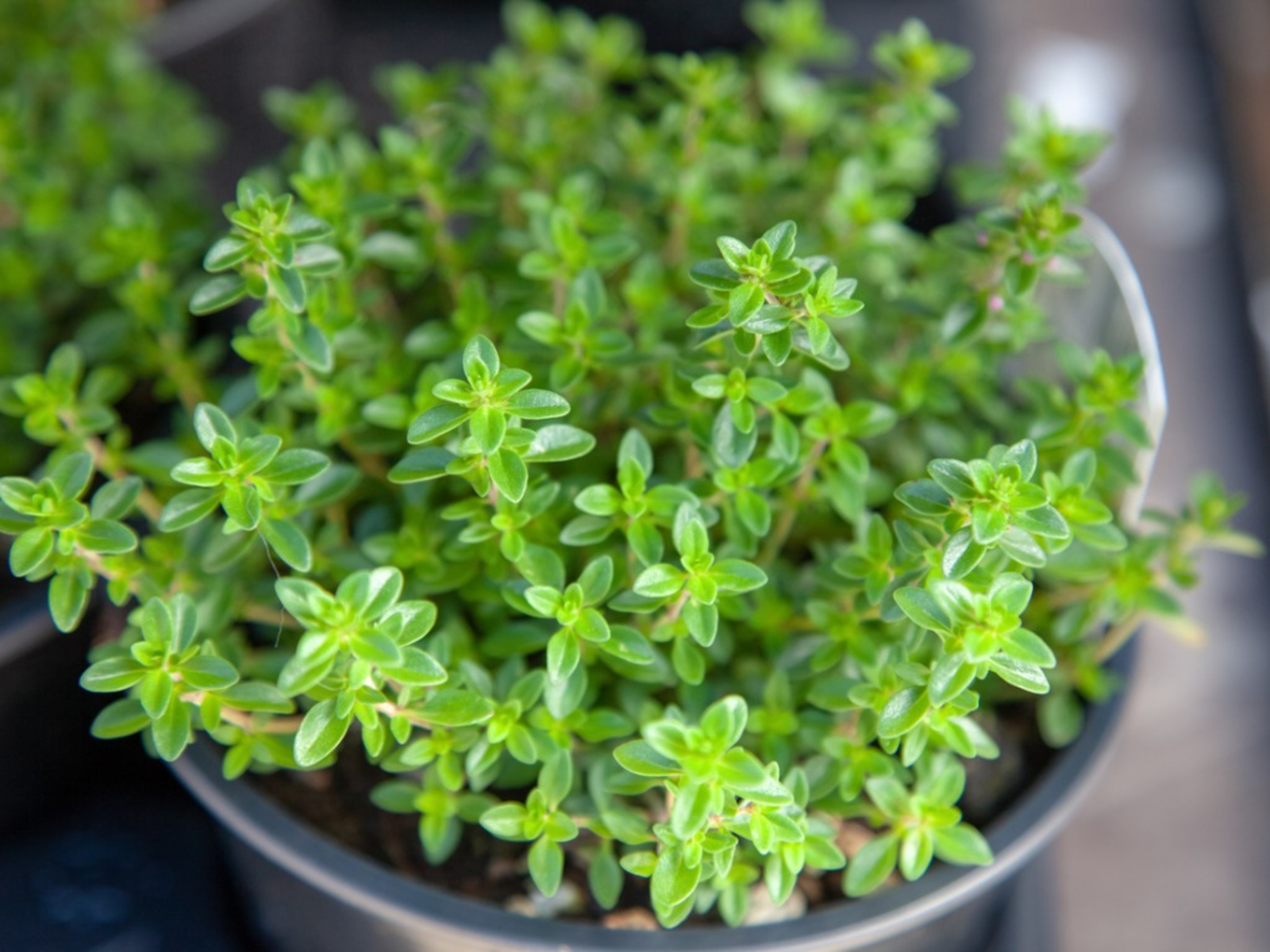
7. Oregano
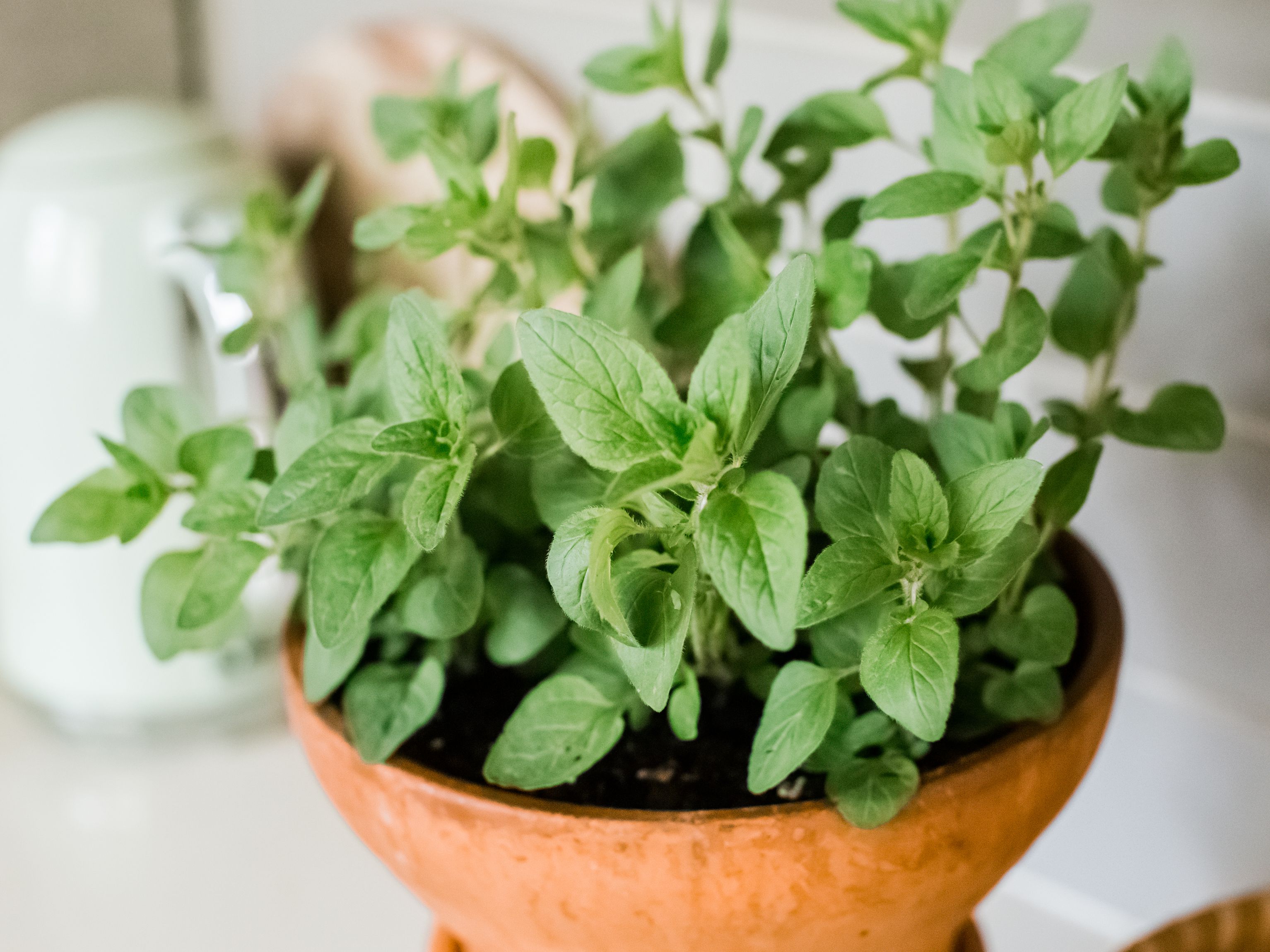
8. Dill
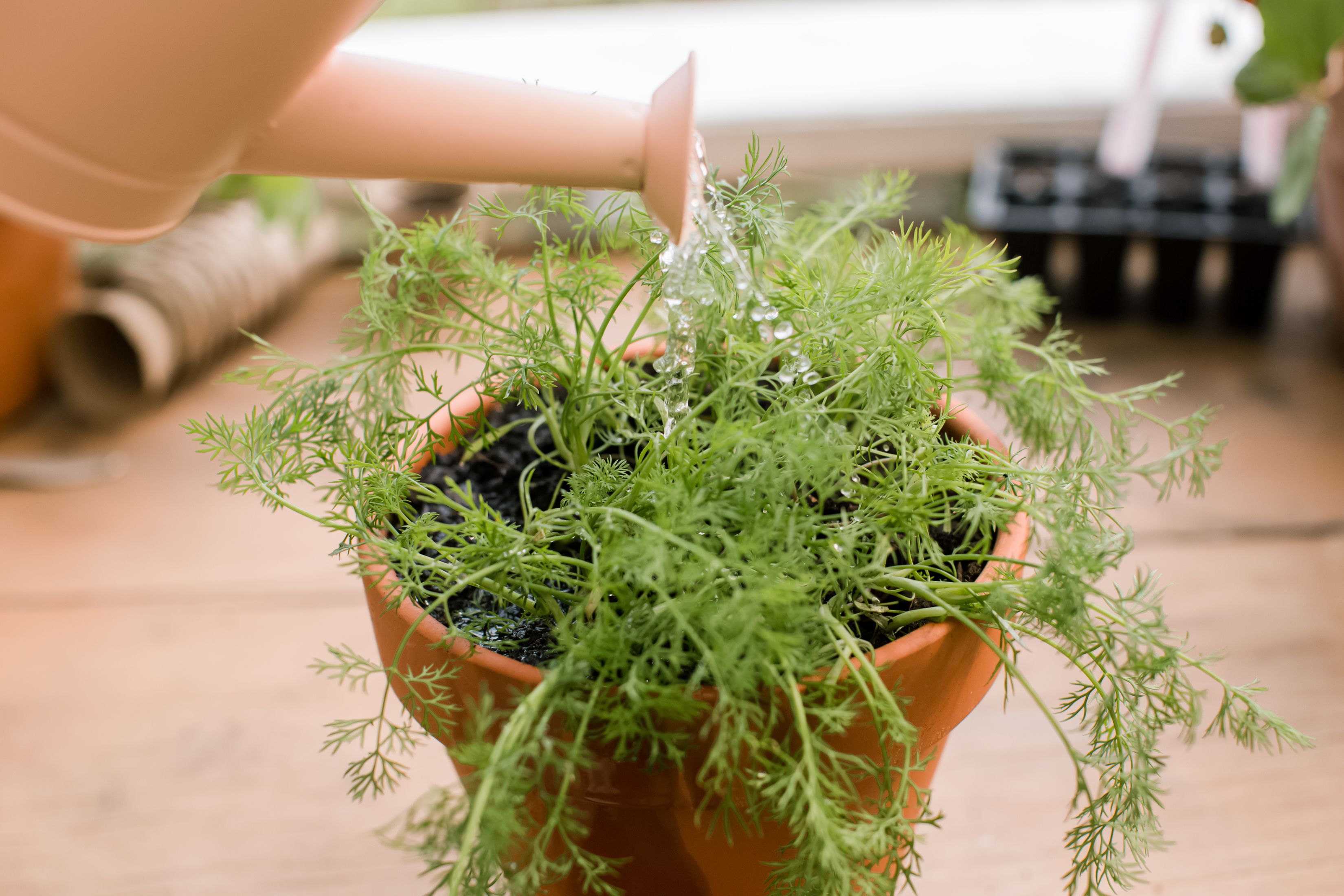
Okay, so, now what?
Well, herbs can be started from seed or planted as plants.
Planting herb plants is easier than starting them from seed, but if you are on a tight budget, starting herbs from seeds is not that difficult. Once you have you have planted your herb garden, make sure that it gets 2 inches of water every week.
Warning: Some herbs require (like Rosemary) require colder temperatures so it’s best to place them away from direct sunlight. Also, certain herbs can’t take water directly on the surface where they sprout because it will damage the stems and eventually kill the plant (Oregano & Rosemary, we’re looking at you guys). Instead, use a base plate for the pots of these herbs and pour the water at the base. For herbs that are fragile like Dill, you’ll need to support them with sticks so they grow upright.
Some herbs have longer roots that others, so best to check their details online before choosing the size of the pot to use.
Make sure to harvest your herbs frequently. Many times when a new gardener is starting a herb garden, they are afraid that harvesting the herbs frequently will hurt them. Actually, the opposite is true. Frequent harvesting of herbs will result in the herb plant producing more and more foliage, which increases the amount you are able to harvest!
Now all you need to do is buy yourself some seeds, cute pots, and small gardening tools. To make things much easier, you can simply get yourself a herb garden starter kit. Good luck!


 Get Audio+
Get Audio+ Hot FM
Hot FM Kool 101
Kool 101 Eight FM
Eight FM Fly FM
Fly FM Molek FM
Molek FM

